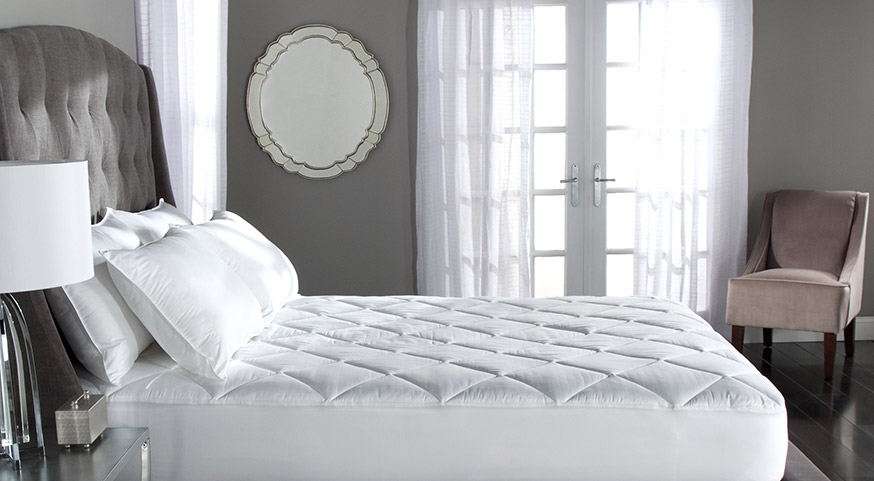Posted by Lori Kaufman on Sep 15, 2017
Are You Too Stressed to Sleep?
Hi! I'm Lori. I'm in my early 20’s, a recent college graduate, and now working full time at a Human Resources job. After college I didn't want to move back in with my parents, so I rented an apartment with a high school friend. We picked an area close to downtown (where other young people live). In order to pay rent and make ends meet, I work more than just my day job. I am a Zumba instructor in the evenings and weekends, I babysit, and also take on freelance P.R. jobs. I love all these jobs, but in order to maintain this pace, I need sleep. But I'm SO STRESSED!
The less sleep I get, the more stressed I get about not getting enough sleep! My office job requires a great deal of focus, attention to detail, and problem solving. My Zumba job requires me to be creative to write choreography and to be sharp to remember the choreography. And babysitting, requires A LOT of energy.
This issue is not uncommon, many people have stress-induced insomnia which causes them to sleep less when more is going on in their lives. Some people are able to push their stress aside to sleep, enabling them to get a good rest without having to try so hard. Others are not so lucky. But why is there such a difference between the ways we handle stress and sleep? A lack of sleep can actually cause people to be more stressed and irritable throughout the day, which makes them more susceptible to not sleeping the next night. This becomes a vicious cycle. Why can some people have the ability to block out the rest of the world and get a great nights’ sleep while others are not able to turn off their brain when they get in bed? Here’s one scientific reason why:
A study was conducted at the University of Concordia in Quebec that took a look at brain activity and sleep behavior in students around the time they were the most stressed; for example, before exams. The results showed that those who produce a larger amount of electromagnetic waves were better at eliminating and blocking out disturbances allowing them to sleep more deeply. Those who had less electromagnetic waves, however, were not as lucky. The people with fewer waves were more susceptible to stress and therefore would stay up worrying about the exams to come, which resulted in less sleep.
Everyone has a different way of handling stress and managing their sleep patterns. Thien Thanh Dang-Vu, the leader of the study, stated, “some people are more vulnerable than others.” Therefore, it is not your fault if stress is keeping you awake. You may just have less electromagnetic waves than most people.
How do you get good sleep when your body is working against you? It's not always possible to get great sleep, but here's a few tips to help you relax before bed:
- Calming colors, comfortable hotel bedding and removing technology are a great way to make your bedroom an oasis.
- Do some stretches before bed. Doing a few yoga stretches can help calm you and help you sleep better.
- Take a warm bath or shower. Not right before bed, your body needs time to cool down. But about 90-60 minutes before will relax your body and help you drift to sleep.
We know it's not always possible to be stress-free and relaxed, but at least you can try some new things











